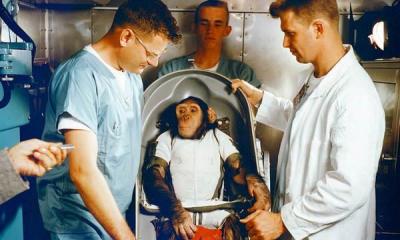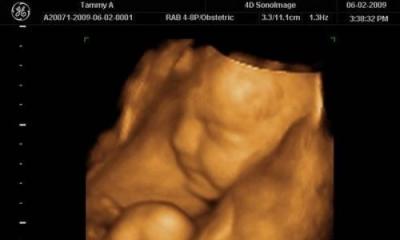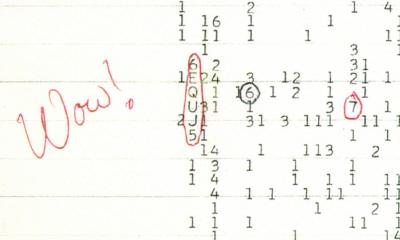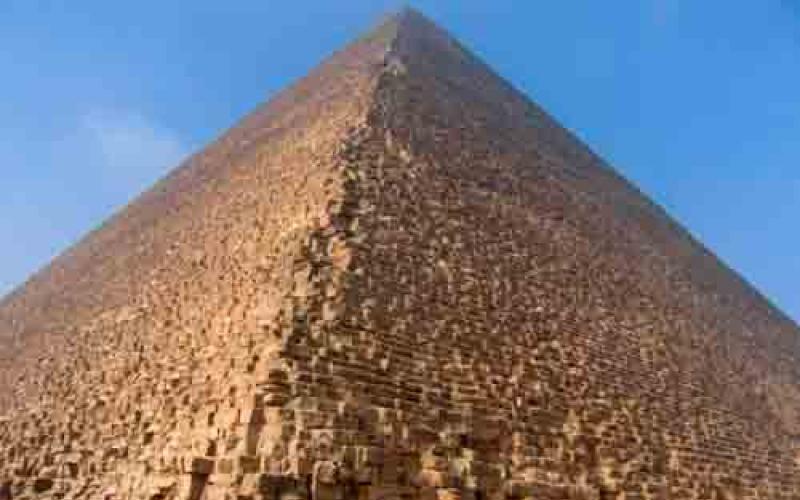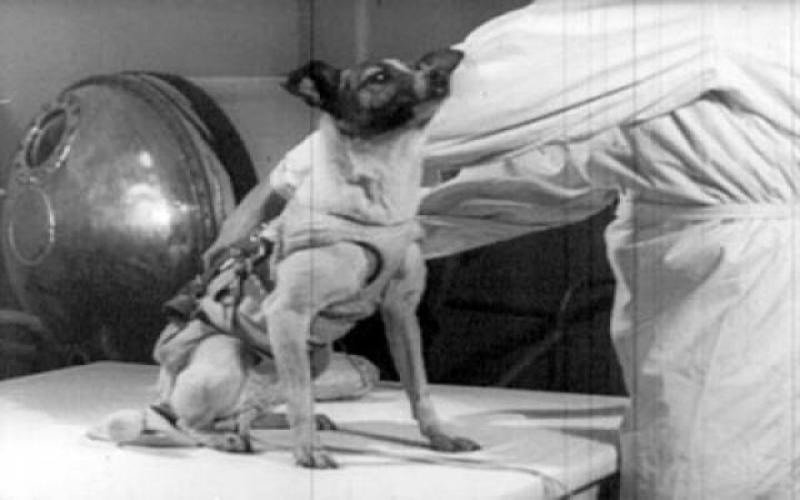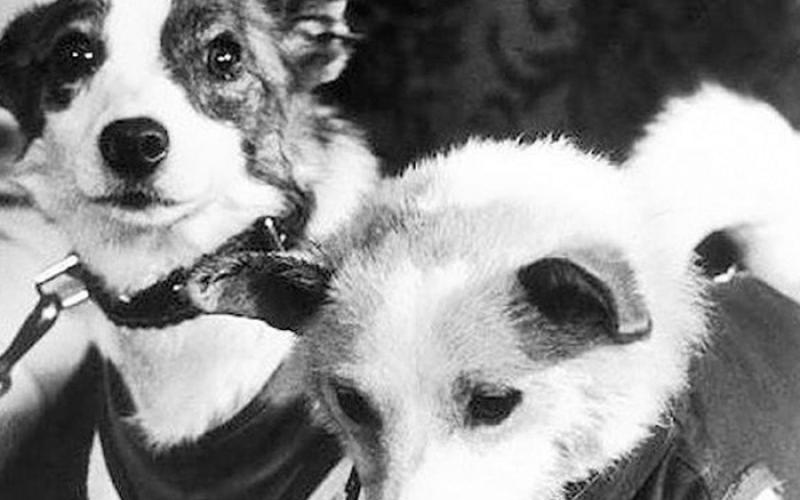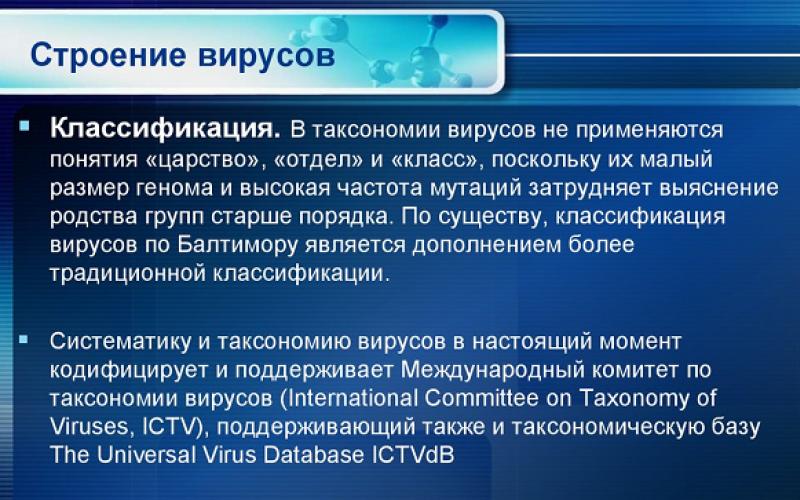As a rule, any ruler was called by the people with a weighty and well-aimed word, and so sometimes that the nickname would be fixed for centuries.
I'll start, perhaps, with the most antiquity.
Prince Svyatoslav of Kyiv (945 - 964) had a nickname among his enemies Leopard. He was young, ardent, courageous and smart, more than once he defeated the Pechenegs and Bulgars with a smaller number of troops.

The son of Svyatoslav - Kyiv Prince Vladimir (980 - 1015) had nicknames - Saint and red sun. He baptized pagan Russia, ruled with dignity, justly, managed to unite princes from other lands around himself.

Prince Yaroslav (1019 - 1054) was nicknamed Wise. Under him, Kyiv turned into one of the largest and most beautiful cities in Europe. Dynastic marriages strengthened ties with European countries. Yaroslav founded a number of new cities. Yaroslavl was founded on the Volga, and Yuryev (the current Estonian city of Tartu) was founded in the conquered land of the Chuds (Ests).

The son of Prince Vsevolod of Chernigov and then the Kyiv Prince Vladimir became Monomakh(1113 - 1125). Vladimir Monomakh is the first Russian prince who beat the nomads on their territory. It was a new military tactic of Russia. In Polovtsian tents and wagons, mothers frightened children with the name of Vladimir Monomakh.

In 1125 - 1132. The Kyiv prince was the eldest son of Monomakh Mstislav Vladimirovich, nicknamed Great. This was the last period of the relative political unity of Kievan Rus.

Prince of Rostov-Suzdal land Andrey Yurievich had the nickname Bogolyubsky, not in his attitude to God, but because he loved his family estate very much - the village of Bogolyubovo, where he was killed during the boyar conspiracy.

Andrei's younger brother - Vsevolod had a nickname Big Nest, given for the fact that he successfully managed to put all his sons on the board in other cities.
It is characteristic that at that time nicknames were still fixed as a family feature, and were not yet distributed among children.
He showed himself in some business or ruled the place - a nickname stuck among the people, which was later mentioned in the Chronicles. Later, nicknames began to be passed from generation to generation - a surname.

The founder of Moscow, Prince Yuri Vladimirovich, had the nickname Dolgoruky, given for having long arms disproportionate to the body, and the prince liked to attach to his lands those distant volosts in which the ruler was weak.

Novgorod prince Alexander Yaroslavovich received the nickname " Nevsky"for the victorious battle on the Neva, in which he defeated the Swedish squad.

Sons of Prince Ivan Kalita- princes Simeon and Ivan had nicknames Proud and Red.

Prince Dmitry Ivanovich, for the victory over the Horde received the nickname Donskoy.

Prince Vasily oblique in internecine princely strife for the possession of power over Russia was taken prisoner by Prince Dmitry Shemyakay, blinded and nicknamed Dark, under which he later ruled Moscow.

Tsar of Moscow Ivan IV was called Grozny. And there was a reason - the king was fierce, he was quick to reprisal, he did not consider the opinion of a stranger.

Tsar of All Russia Alexei Mikhailovich Romanov (1645-1676) went down in history as Alexey Quietest. The quietest wanted to observe the customs of old Moscow Russia. But, seeing the successes of the Western European countries, he simultaneously sought to adopt their achievements. Russia balanced between paternal antiquity and European innovations.

The son of Tsar Alexei - Peter I, having barely begun to rule, received the nickname Great, under it and entered History. Many great and glorious deeds were performed by the young tsar, turning with force the old Russian orders to face Europe. In addition, among the people, this king was given the nickname Tabachnik for his love for tobacco, previously unfamiliar in Russia.

The official nickname of Nicholas I (1825-1855) - Unforgettable.
However, among the people, the name "Palkin" was preserved for him, because he loved the mouthpiece and corporal punishment, which the writer Leo Tolstoy aptly noticed in one of his stories.

Alexander II (1855-1881) was officially called Liberator, for the fact that serfdom in Russia was canceled.

Alexander III (1881-1894) was called " peacekeeper”, for the fact that under him Russia practically did not wage wars.

Nicholas II (1904-1917) was popularly called Nicholas the Bloody, for the execution of a peaceful procession to the king on January 9, 1909. In addition, the people called the king " Nikola Fool»

Vladimir Ulyanov himself took a party nickname Lenin, in honor of the Lena execution of rebellious workers. In the circle of associates bore the nickname " Old man», « Ilyich», « Lukic», « Petrovich". In the people's memory, Ulyanov remained as: " Lenin», « Grandfather Lenin», « Leader», « Ilyich», « Vovka" and " Bald».

The first fixed pseudonym of Joseph Dzhugashvili was Koba. Later, Dzhugashvili took the nickname Stalin, by analogy with Lenin.
The people called the father of nations: Folk song heart», « pockmarked», « Yosya the Terrible», « soul van».
Among the intelligentsia, Stalin was called " Ginger», « Cockroach" and " shoemaker"- thanks to the famous poem of the poet Mandelstam.

Nikita Sergeevich Khrushchev was called by the people by nicknames - “ Nikita kuruznik», « Khrushch», « collective farmer" and " boar».

Leonid Ilyich Brezhnev, becoming Khrushchev's successor, immediately received the nickname " manager". People often called him " Brovenos in the dark" or " Epochal Ilyich", as well as " Twice Ilyich of the Soviet Union"by analogy with the numerous titles of the Hero of the USSR

Yuri Andropov - Mohican, Second Stalin, Chekist, Jeweler.

Mikhail Gorbachev - Bald, Tagged, Globe, Hunchbacked, Humpbacked, Lemonade Joe, Democratizer, Talker Bear and many others.

Boris Yeltsin - Grandfather, Chef, Drunkard, Yolkin. Yeltsin's opposition christened him with three letters EBN.

As a child, Vladimir Putin was called " Putka" and " way».
In the reconnaissance group (Dresden, East Germany - German Democratic Republic), they also gave each other nicknames. Vladimir Putin was named " uti-way».
As the newspaper “Sovershenno sekretno” wrote, “Putin had nicknames in the Leningrad KGB” mole», « little rat», « Kaputin" and " Khaputin", And while working with Sobchak, Putin was called -" Stasi», « Vice Sobchak»,
After 1999, the following nicknames appeared: " toilet putenok», « Cleansing and wetting agent - toilet Putenok", as well as " Ugly Putenok», « Puffy Pu», « pale aphid».
Boris Yeltsin, learning about the successor, called Putin simply - " Baby". In addition, among the people Putin is often called " successor», Putler and Puteng.

Dmitry Anatolyevich Medvedev. They say that as soon as the Kremlin started talking about DAM, as about the successor, he was immediately dubbed the nickname " Vizier". They also say that the seven-year-old Dima was teased by the boys in childhood " tadpole". The people call Medvedev " Medved», « Abrashka Shorty», « Na-but», « Mendel-Potapych», « Gummy bear», « iPhone», « Kremlin dwarf».
In general, everyone was duly given nicknames in Russia, in the USSR and Russia.


